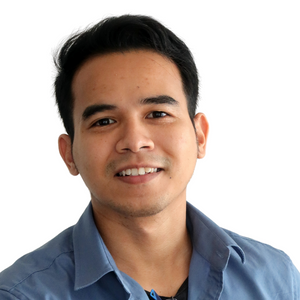Learning from crisis: Malaysia’s quest for equity recovery in higher education
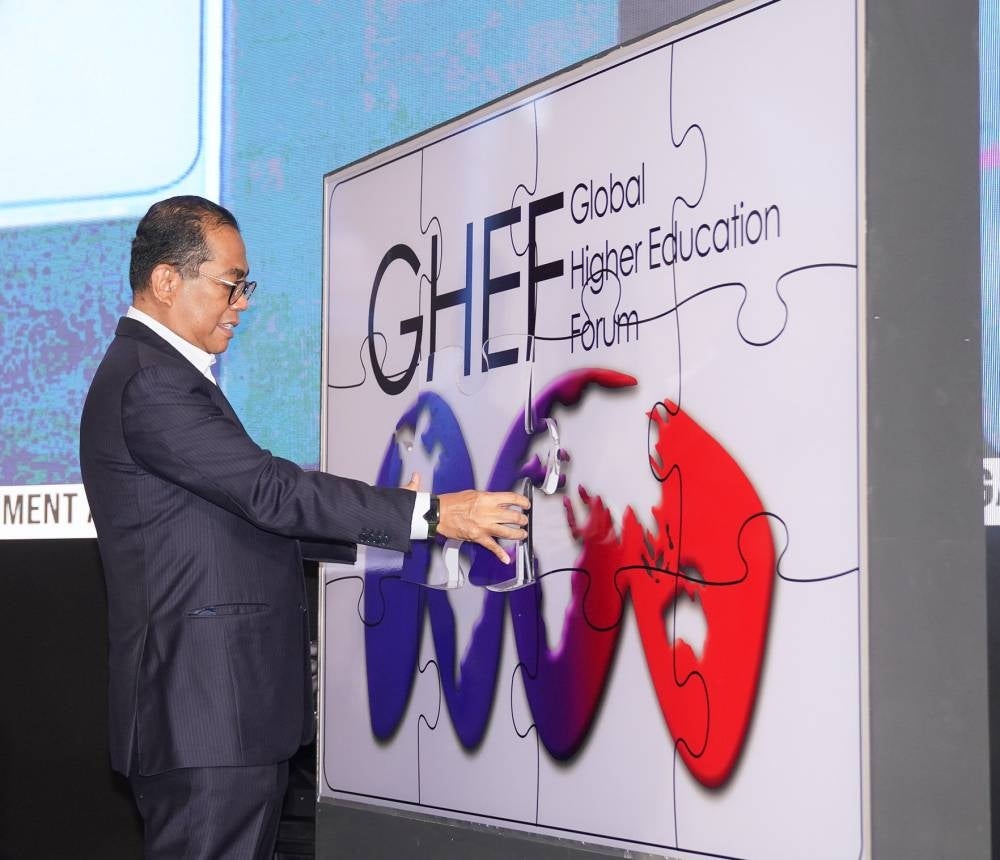
SEPANG – Not one to rest on their laurels and be pampered by complacency, Malaysia’s Higher Education Ministry has embarked on a soul-searching journey to restructure and heal the tertiary education landscape, previously wrought by the Covid-19 pandemic.
And to do just that, the ministry has set its eyes on equity recovery.
Such was so because the viral pandemic – which had crippled the world – has exposed the vulnerabilities of not just Malaysia’s but also the global higher education landscape, said Minister Datuk Seri Mohamed Khaled Nordin.
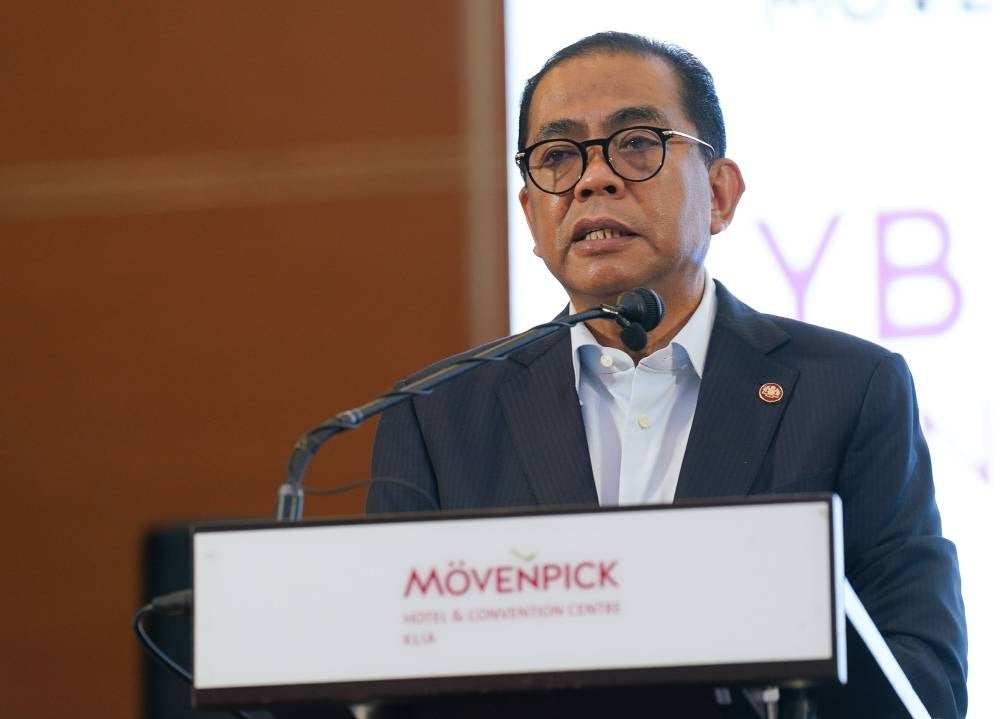
“We must now prepare ourselves for a higher education landscape which is highly volatile and unpredictable,” Khaled remarked as he officiated the 8th Global Higher Education Forum 2023 (GHEF2023) here, today.
Preparations, Khaled stressed, must be geared towards reducing inequity, because in times of crisis, the ones who will suffer the most will always be the vulnerable and marginalised members of the society.
“It is undisputed that equity in higher education has worsened during pandemic times. The shift towards remote learning during the pandemic presented significant challenges, especially for students from disadvantaged backgrounds.
“For these students, coping with learning has become more complex due to the digital divide.
“This issue must be viewed from the perspective of the ability for every student to reach their potential despite their background or any other challenges they faced,” said Khaled.
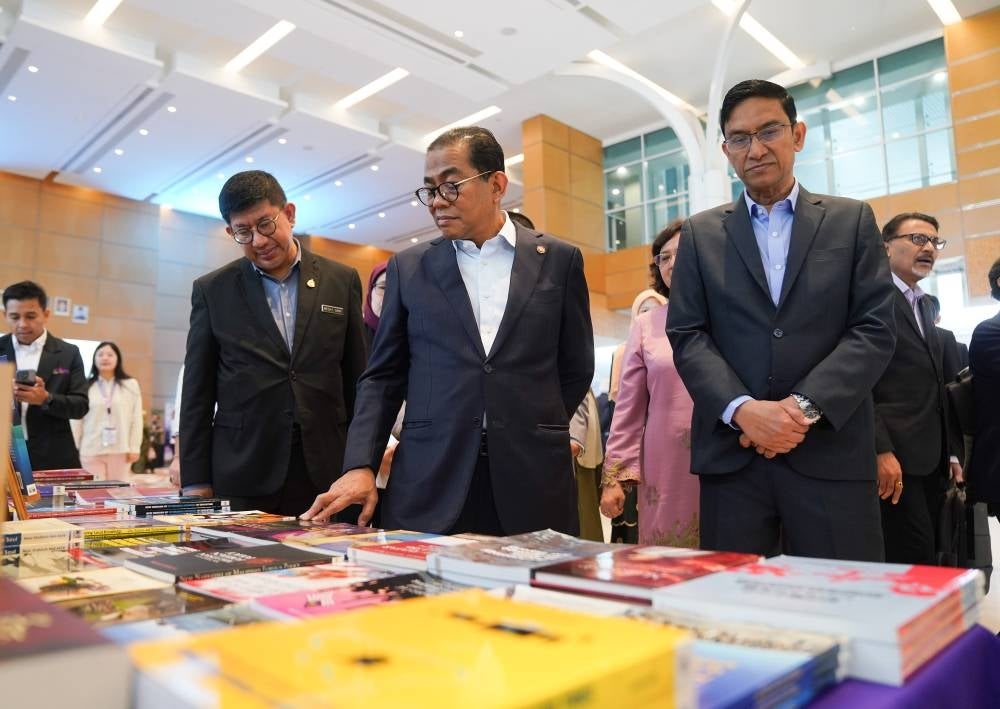
Hence, he added, the reason why it was crucial for a new learning model to be introduced so that Malaysia can have a more inclusive higher education environment.
The digital divide which Khaled had mentioned was one of the four sub-themes of GHEF2023, with the remaining three being: talent and employability; financial and socio-economic standing; teaching and learning: policies and practices.
Held every two years, GHEF2023 is a three-day event – from Nov 15 – 17 – involving delegates and speakers – from multiple countries including Japan, Finland, China, Saudi Arabia, Pakistan and the Phillipines – presenting research findings centring on the theme: Equity Recovery – Higher Education in the Post-Pandemic Era.
“We want to learn from other countries. We don’t want to be left behind,” said Higher Education director-general Professor Dr Azlinda Azman.
She underscored that suitable findings presented at GHEF2023 will be used as base for the formulation of policies to be opted by the ministry in order to fine-tune and improve Malaysia’s higher education landscape.
Apart from enhancing access to higher education – particularly towards the younger generation – Azlinda disclosed that the ministry is also placing heavy emphasis on life-long learning.
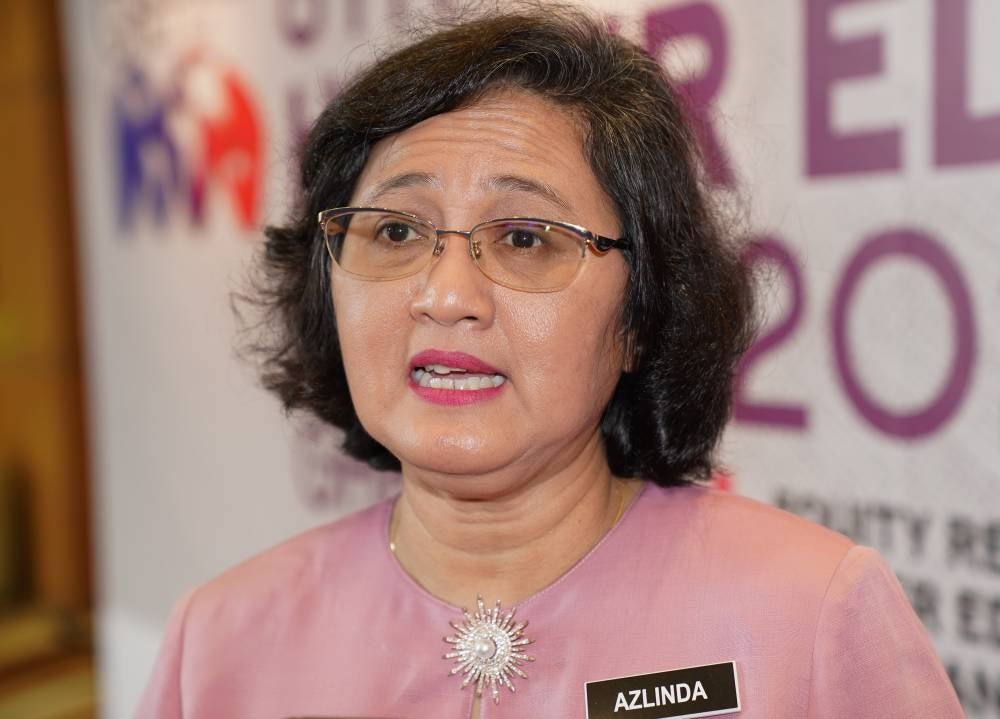
“There are those who do not want to immediately go for higher education; they want to work first. That’s fine but, how can we provide access [to higher education] in the form of micro-credentials and life-long learning so that they can still learn while working?
“This is important. We want to see how other countries are handling life-long learning with much effectiveness and efficiency. We don’t want to remain where we are, we need to improve our methods, our delivery and identify the hurdles and the solutions,” she said.
Malaysia’s passion for improvement, in the context of higher education, has not gone unnoticed.
Dr Miki Sugimura from Tokyo’s Sophia University revealed that industry players in Japan’s higher education sector have always been envious of Malaysian universities’ ability to discover better ways to “internationalise” their education programmes.
“Envious because we are still struggling to figure out how we can increase our English track programmes, but you guys have already done a good job over the past 20 years, there has been great progress and that is why I always looked up to Malaysia,” said Sugimura.
Sugimura – who is a comparative and international education expert – also remarked that in a recent engagement session, a lot of Malaysian lecturers were keen on making higher education programmes more inclusive and equitable.
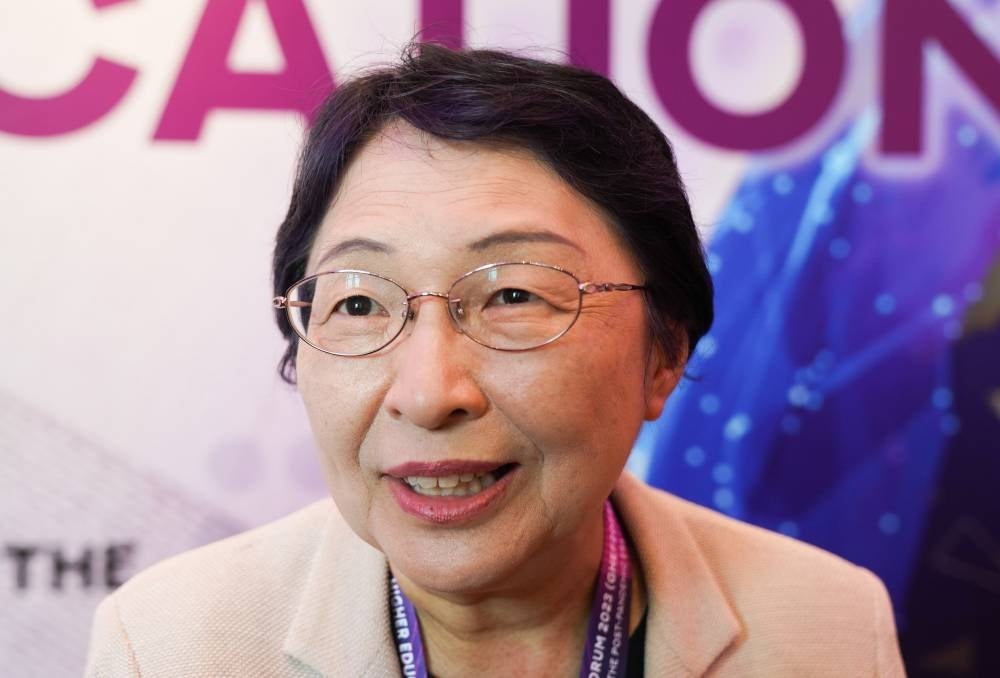
In terms of ensuring inclusivity and fair access to higher education, Dr Hannele Niemi of the University of Helsinki shared that her country, Finland, had a workable approach, one that worked, relatively well, even during the Covid-19 pandemic.
Of course, this – she added – was doable because of the country’s excellent technological infrastructure and all-round good internet access which allowed for proper remote learning to be done.
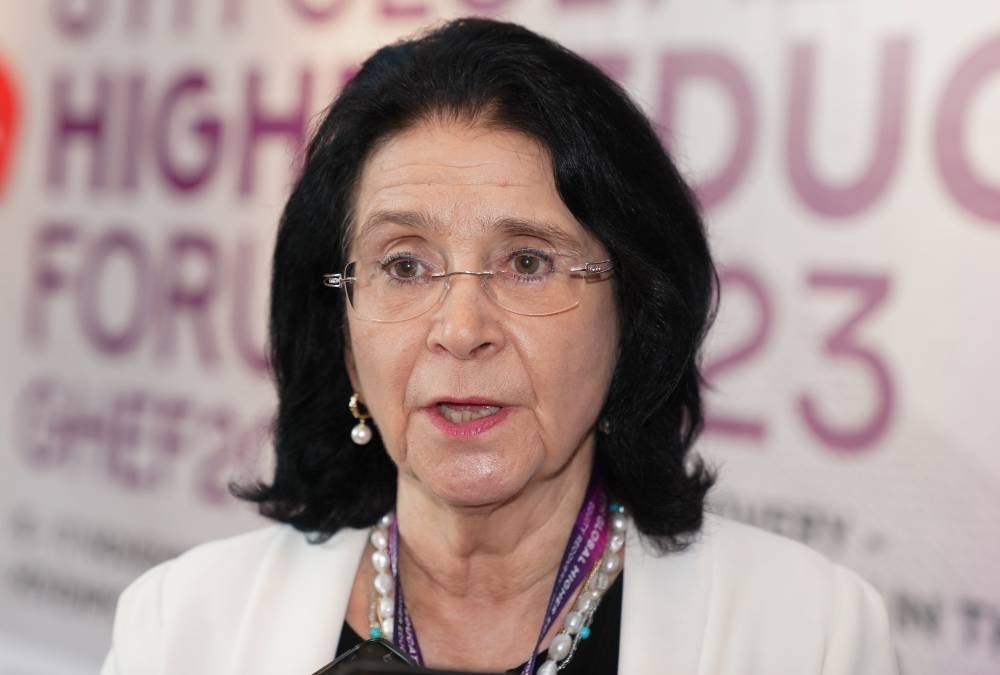
That being said, Niemi, who is from the faculty of educational sciences, maintained that there was still a need for university students to undergo conventional face-to-face learning.
“Learning is a very social process. When students are alone and on their own, it is very difficult to help them. If they were on campus, it would be easier for us to not just help their learning process but also give them the opportunity to do networking.
“Doing so is important because when you network with your peers, you’d find new connections and hopefully get good internships which will eventually help you enter the labour market once you graduate,” Niemi explained.
